The future is here! After decades of speculation, reels of science fiction media and the odd eureka moment, it seems that we are finally on the cusp of the age of robotics…sort of.
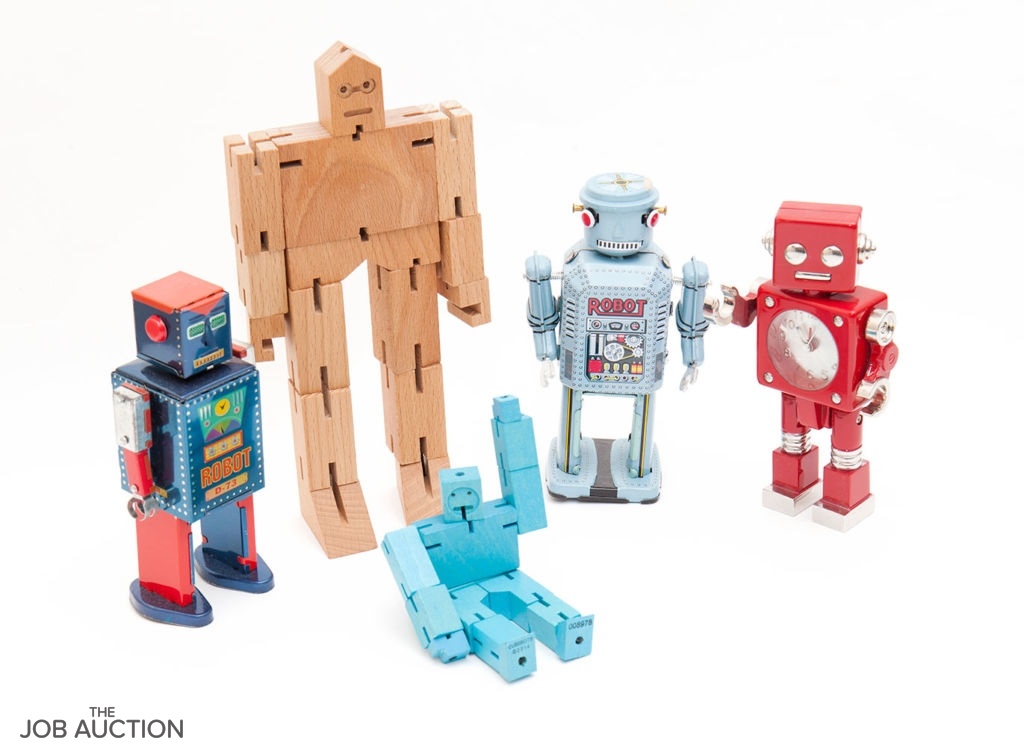
The great wheel of progress seems to be in full spin as we reach the tail end of 2017, with reports of a spike in robot production being recorded. People throughout the 20th century wondered what the dawn of the millennium would bring and whilst there are no flying cars and summer holidays to Neptune just yet, we do have something of a breaking story in the march to find man’s successor in the workplace.
According to a study conducted by YouGov in correspondence with The Royal Society for Arts, at least 15% of the current workforce in the private sector alone will become robotic. Automated synthetic drones will become the new face of the British workforce, slowly but surely.
The jobs most likely to be affected by the alteration to more artificial labour are those within the industries of finance, accounting, transport, media and distribution of media. The last of those has already seen significant change particularly in Switzerland where robots have replaced a fair few local posties in the city of Zurich. With mail delivery seemingly becoming an obsolete profession for human beings, is it time we handed the baton over to our cybernetic associates?
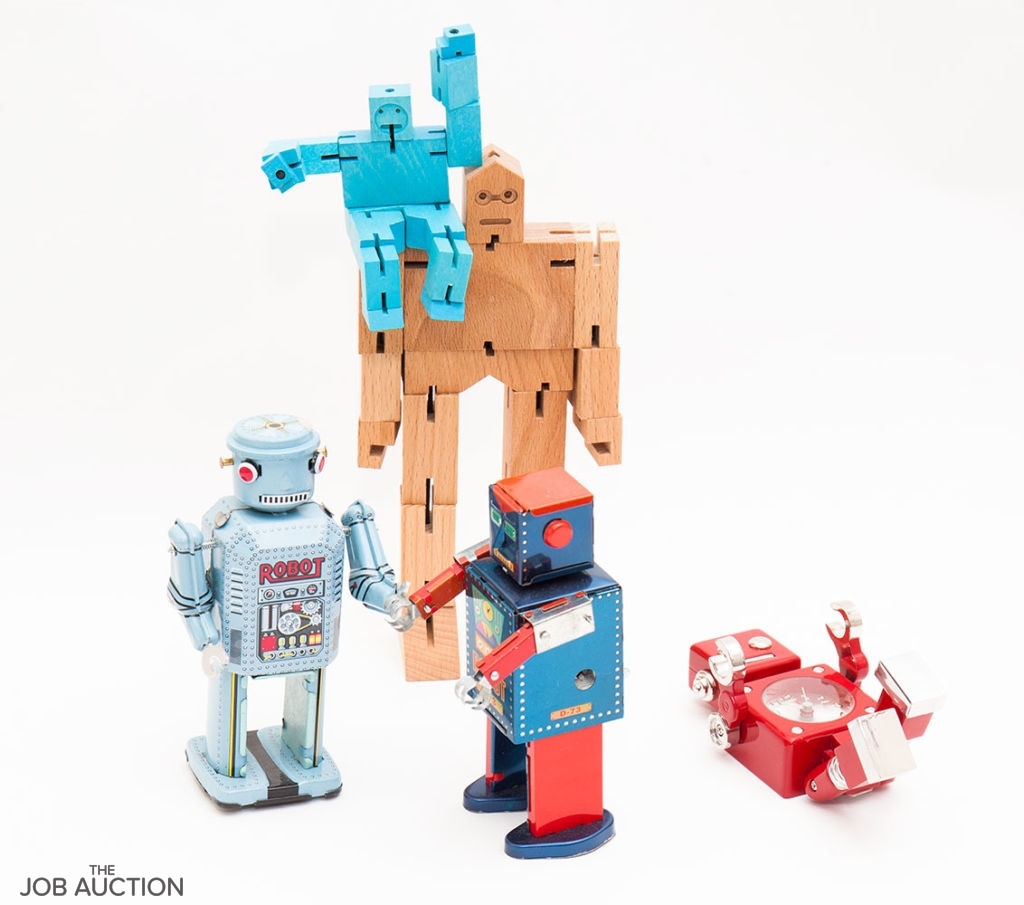
All you have to do to really notice the change is cast your mind back to the 20th century which saw the seeds planted for this quiet revolution. Research carried out by the Financial Times in December of last year put it to the American people that around 5.5 million jobs within manufacturing have made the switch from human to robot labour.
There have been numerous occasions where the job market has shifted, but this is simply the way of the world; we can choose to go with the flow or let the current sink us. An article by the Guardian in September 2017 warned of the changes predicted by YouGov but also suggested that productivity rates would rise due to the previous tendency of human error being dissolved. Furthermore, the economy is likely to grow due to this productivity.
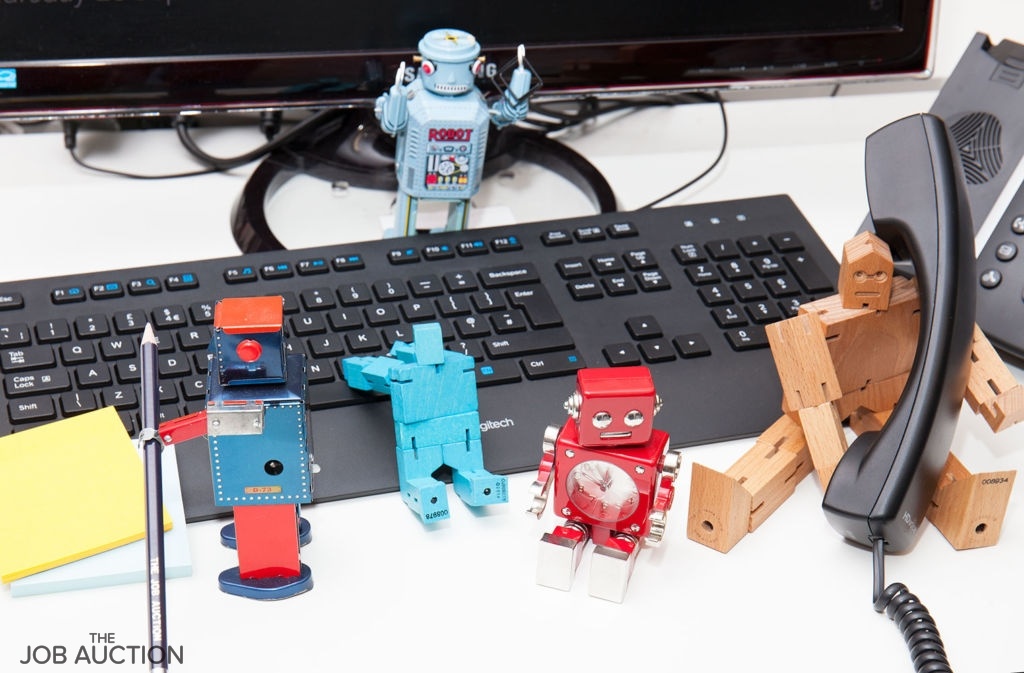
The prediction is essentially this: robots will do the jobs that are low paid and difficult and due to increasing demand for more jobs, those will be created thanks to other booming industries, based around the technology that is literally currently being invented.
It is important to remember the jobs market is not set to shrink for humans because this switch to robot labour will not happen overnight, it will be a slow revolution which, over a number of years, will see the jobs market shift not in size but in kind.
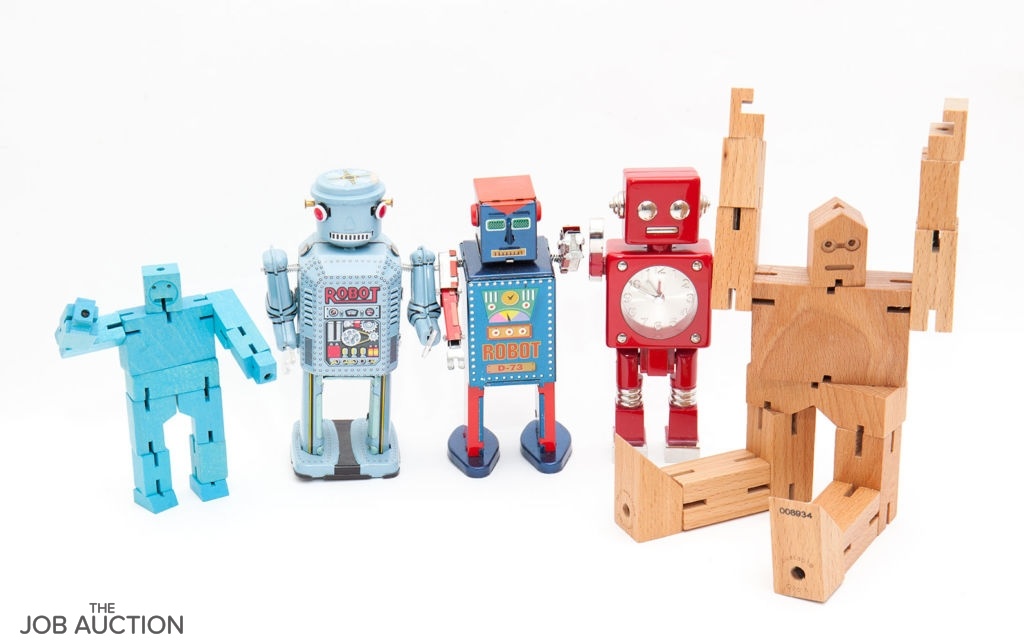
Put it this way, before the beginning of the 21st century there were no social media managers, App developers, and Cloud computing services but as the steady stride of time undoubtedly pushes on, the world will make new jobs and opportunities. No one knew how to do these jobs and someone had to invent them.
I implore you, don’t be sad for the jobs that are slowly fading, but rejoice for the new ones that are yet to come. You can’t be left behind if you change with the times.
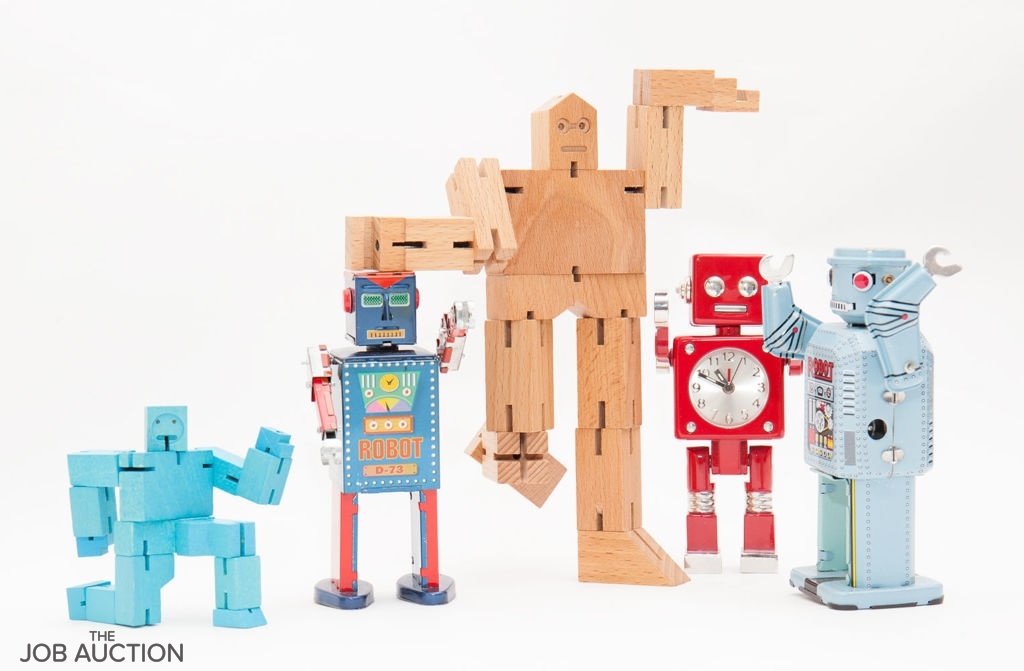

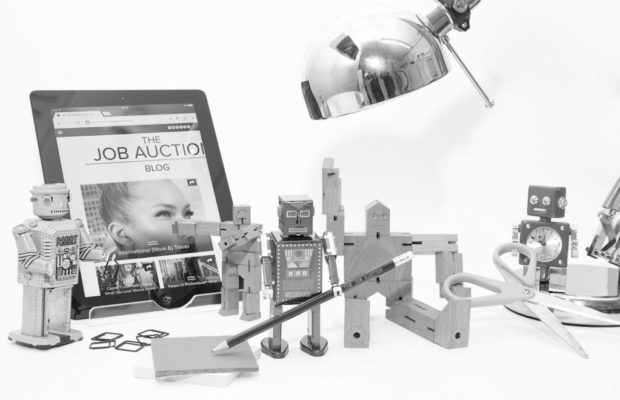






No Comments